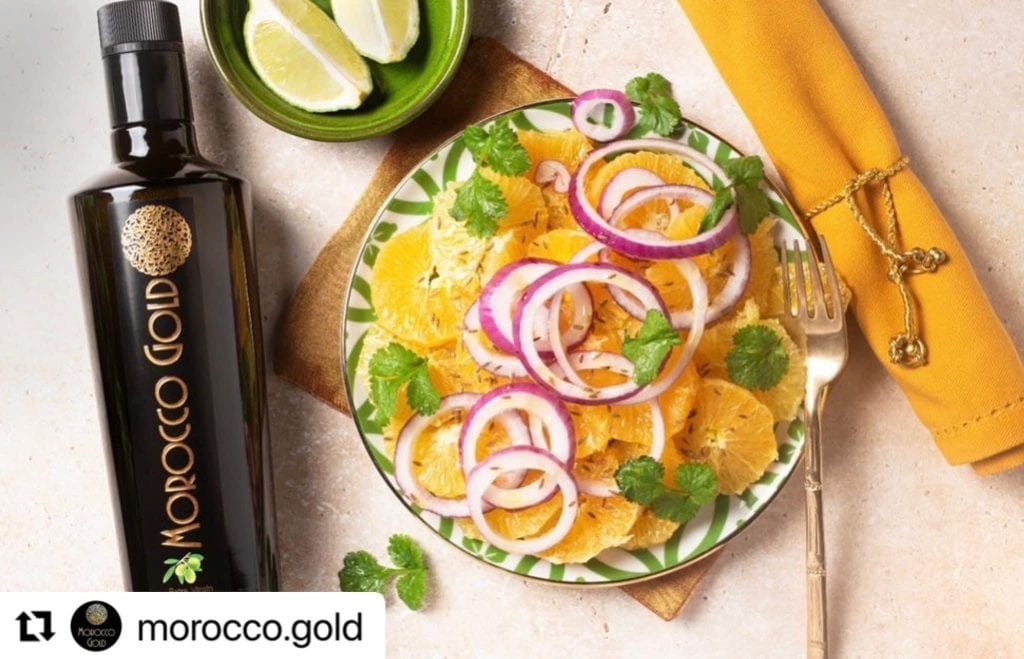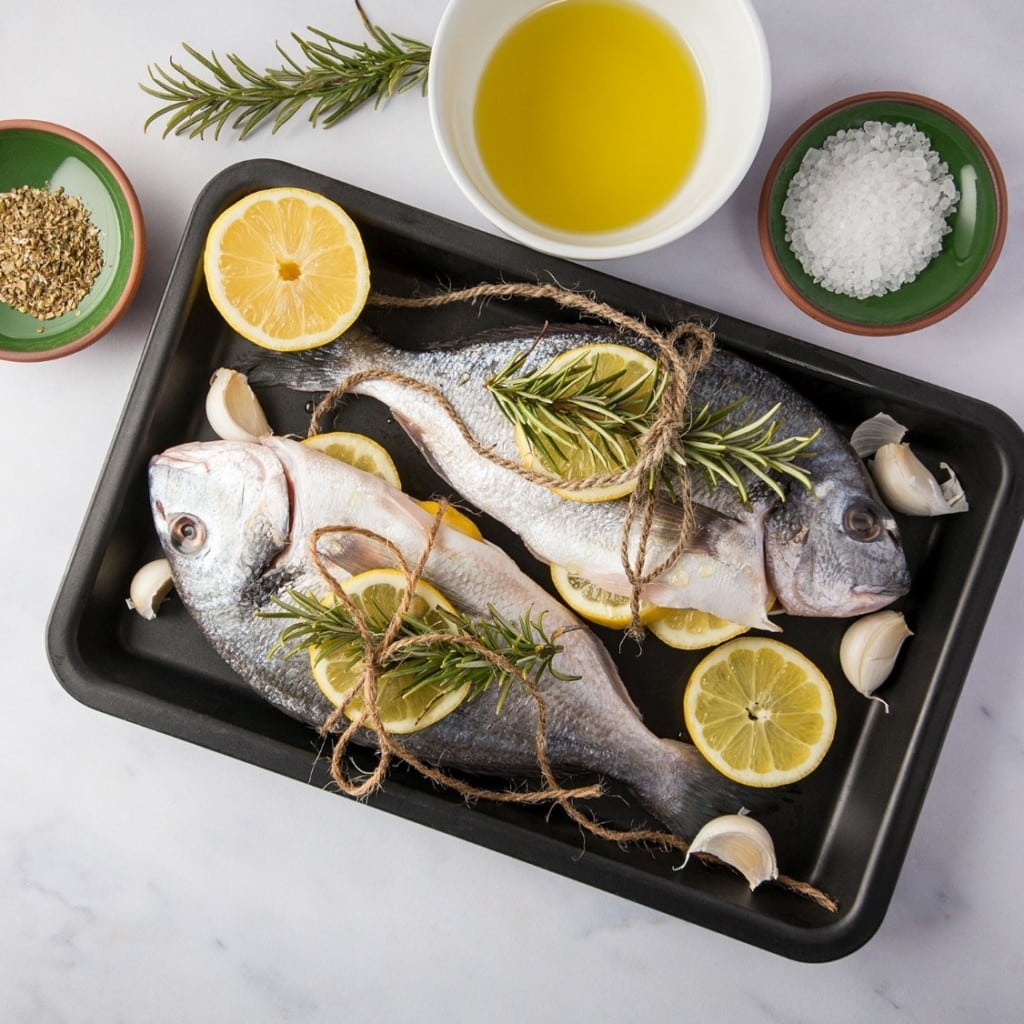A Mediterranean Larder Starts With Olive Oil And Four Other Items
Updated 1st May 2023

Contents:
- Is The Mediterranean Diet Right for You?
- So, What Is The Mediterranean Diet?
- The Key Components of The Mediterranean Diet
If you want a simple lifestyle change that will bring both physical and mental benefits, the Mediterranean Diet might just be the perfect way to get started. This information is essential reading about the Mediterranean diet for beginners.
From helping you lose weight and lower cholesterol to improving moods and increasing energy levels, this diet has it all. What’s more, the simplicity of keeping on track with a Mediterranean Diet makes it easy for even those with busy lifestyles to enjoy its many health benefits. But what are the five vital items you need in your larder to get started on The Mediterranean Diet? The key points to remember are:
- Understanding the basics of the Mediterranean Diet – fruits, vegetables, whole grains, legumes, nuts and extra virgin olive oil.
- Plan ahead – create a grocery list with all the ingredients you need for the week.
- Incorporate more fish and seafood into your diet – it is a great source of protein and healthy fats (just like extra virgin olive oil!)
- Switch up your cooking methods – try grilling or baking instead of frying to reduce fat intake.
- 5. Enjoy meals as a family – this is an important part of Mediterranean culture and helps create a sense of community
- 6. Add some color to your plate – use colorful fruits and veggies to make your meals more interesting and appetizing. Check out Morocco Gold’s recipe section for inspiration.
Is The Mediterranean Diet Right for You?
The Mediterranean diet has gained a worldwide following for its health benefits and delicious flavors. This eating plan emphasizes a high intake of fruits, vegetables, whole grains, legumes, and healthy fats such as olive oil and nuts. It also includes moderate amounts of fish, poultry, and dairy products. Studies have shown that the Mediterranean diet can reduce the risk of heart disease, stroke, and certain types of cancer. It may also improve brain function and help with weight loss. However, it’s important to note that the Mediterranean diet may not be suitable for everyone. It may require adjustments for people with certain dietary restrictions or medical conditions. Before making any major changes to your diet, it’s always best to consult with a healthcare professional to determine if the Mediterranean diet is the right choice for you.
- Deciding If A Mediterranean Diet is right for you is important
- The Mediterranean Diet is a pattern of eating and lifestyle choices
- A Quality Extra Virgin Olive Oil is a vital component of The Mediterranean Diet
- You can never have too many fresh vegetables and fruit on The Mediterranean Diet
At Morocco Gold, we encourage you to think carefully about the best diet for your own health and nutritional goals. This article from The Clevelandclinic is a great starting point when researching which is the best diet for you. Unsurprisingly (in our opinion!) it describes The Mediterranean Diet as the Gold Standard for healthy eating. The Mediterranean Diet has been shown to improve overall health and reduce the risk of chronic diseases such as heart disease, cancer, and Alzheimer’s disease. The diet is also effective for weight loss and maintaining a healthy weight. The Mediterranean Diet is more than just a diet; it is a lifestyle. The Mediterranean lifestyle includes daily physical activity and social interaction. This way of living has been shown to improve mental health and increase life expectancy. The Mediterranean Diet is the gold standard of healthy eating because it focuses on fresh, wholesome foods and an active lifestyle.
We want you to understand just how easy it is to get started with this eating and lifestyle plan, below.
So, What Is The Mediterranean Diet?
Let’s get the basics cleared up first of all! The Mediterranean Diet is a way of eating based on the traditional foods of countries bordering the Mediterranean Sea and its principles are actually very easy to follow.
The Mediterranean Diet is not a “diet” in the sense that it is a rigid set of rules to follow, but rather a pattern of eating that is based on enjoy delicious, healthy foods. The Mediterranean Diet has been shown to have numerous health benefits, including reducing the risk of heart disease, stroke, and cancer. If you’re interested in trying the Mediterranean Diet, there are a few key foods that you’ll need to incorporate into your meals. Extra virgin olive oil is a mainstay of the Mediterranean Diet, and it’s used both for cooking and as a condiment. Other key ingredients include fresh fruits and vegetables, whole grains, legumes, nuts, and seeds. Fish and poultry are also important part of the diet, and red wine can be consumed in moderation.
To get started on the Mediterranean Diet, start by incorporating more of these healthy foods into your meals. Soon you’ll be enjoying the delicious taste of Mediterranean cuisine while reaping the many health benefits of this way of eating.
The Key Components of The Mediterranean Diet:
1/ A Quality Extra Virgin Olive Oil
Well, we would say that, wouldn’t we? But seriously, a quality extra virgin olive oil has been at the heart of The Mediterranean Diet for a lot longer than Morocco Gold have been producing their own Food of the Gods. It is versatile and bursting with taste and health benefits. As summarised by Eatingwell.com:
Olive oil is the main fat source in the Mediterranean diet. Total fat isn’t as important as the type of fat. The Mediterranean diet emphasizes eating more heart-healthy fats-poly- and monounsaturated fats-and fewer saturated and trans fats. Saturated and trans fats raise LDL (“bad”) cholesterol. Swap butter for heart-healthy fats like olive oil to lower your cholesterol and improve your heart health.
2/ A Range Of Healthy Fish For Omega 3 Fatty Acids

Oily Fish On Mediterranean Diet
If you are a real lover of red meat, you will need to develop a taste for fresh and (preferably oily) fish to be a true convert to the Mediterranean Diet. Fatty fish like salmon, mackerel, tuna and herring are the main protein sources in the Mediterranean diet. These fish contain high doses of omega-3 fatty acids, which reduce inflammation and improve cholesterol levels.
3/ Fill Up On Whole Grains And Nuts
True converts to The Mediterranean Diet are experts in swapping white rice and pasta for whole grains like bulgur, barley and farro. Whole grains have a huge range of health benefits from lowering cholesterol to stabilizing blood sugars to weight loss. Whole grains are also high in B vitamins and fiber. Beans and legumes have similar health benefits and are also a part of the Mediterranean diet.
Nuts are a great go-to snack in The Mediterranean Diet too. Like olive oil and avocados, nuts are high in poly- and monounsaturated fats-the healthy fats as well as being a great source of protein and fiber too. Fat, protein and fiber are a fantastic combination for staying full, keeping blood sugar stable, lowering cholesterol and reducing inflammation.
4/ Keep Stocked With Fresh Fruit And Vegetables Aplenty!
Possibly one of the most important elements of The Mediterranean Diet for health benefits, a daily supply of fresh fruit and vegetables are crucial to following this diet and reaping the rewards. Fruits and vegetables should make up the majority of your meals. As clearly set out by Eatingwell.com;
The Mediterranean diet emphasizes 7 to 10 servings of fruits and vegetables each day, but even 3 to 5 servings per day have been shown to reduce the risk of cardiovascular disease. Think of small ways you can add more vegetables to your meals, like adding spinach to your eggs, loading up your sandwich with avocado and cucumber, and having an apple with nut butter for a snack instead of crackers.
So there we go, The Mediterranean Diet in a nutshell. It’s pretty simple really, isn’t it? But the health benefits could last a lifetime. So why not give it a go and start on the Mediterranean Way.
Here are some recipes and ideas that will help get you started on the Med diet.
